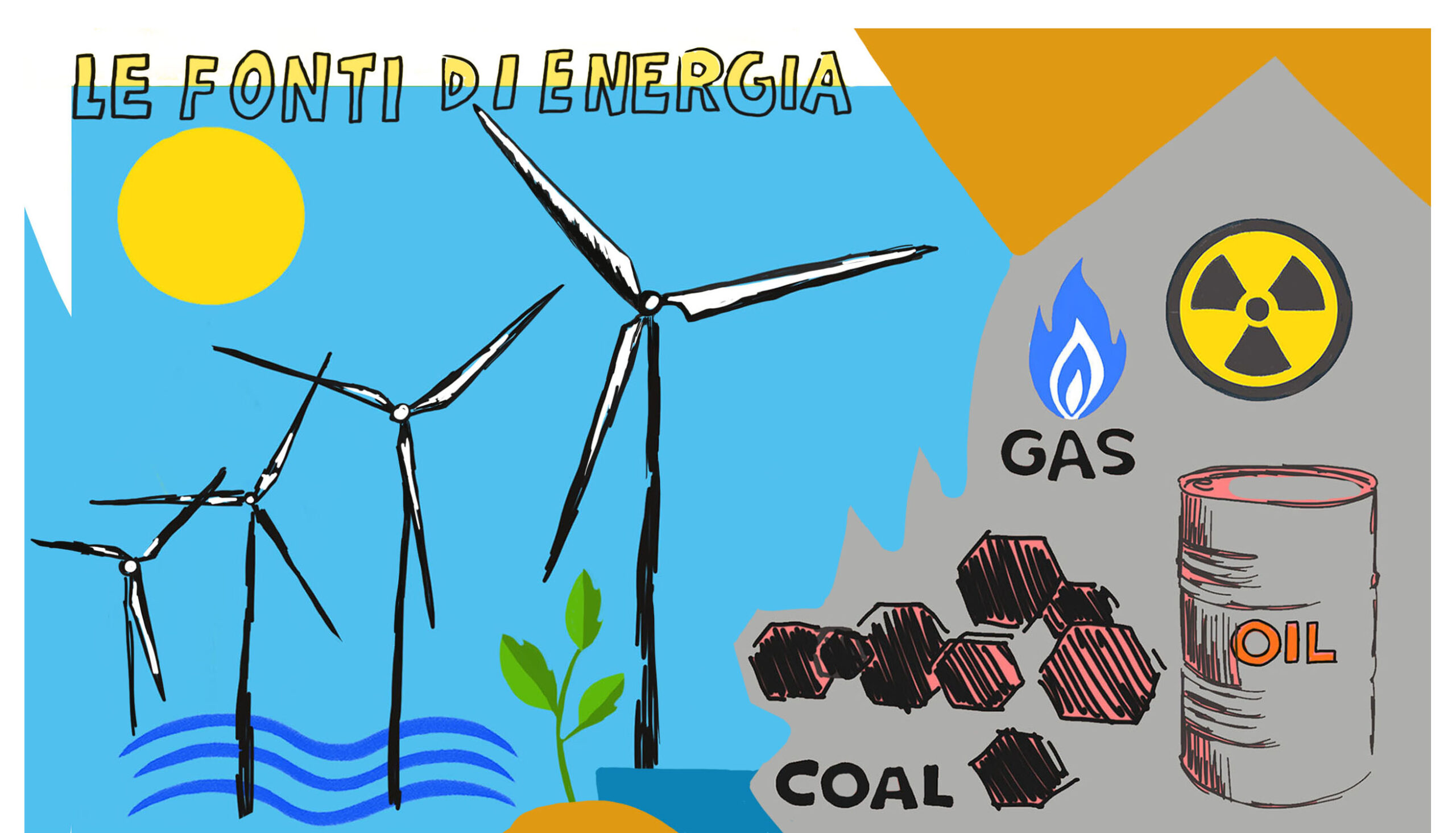EBay's Liability For Banned Chemicals: A Section 230 Case Study

Table of Contents
Understanding Section 230 and its Implications for Online Marketplaces Like eBay
Section 230 of the Communications Decency Act of 1996 is a cornerstone of internet law in the United States. It generally protects online platforms from liability for user-generated content. This means that websites like eBay are not typically held responsible for the content posted by their users, including the sale of potentially illegal items. However, this protection isn't absolute. Section 230's protection is lost when a platform actively participates in creating or contributing to illegal content.
- Activities that could strip Section 230 protection:
- Actively promoting or endorsing the sale of banned chemicals.
- Directly facilitating transactions involving known hazardous substances.
- Failing to take reasonable steps to remove illegal listings after receiving notice.
- Case studies: Several online marketplaces have faced legal challenges for failing to adequately address the sale of prohibited goods, setting important precedents regarding platform liability. These cases often hinge on the level of involvement the platform has in the transaction.
- Legal arguments: Arguments for platform liability often center on the idea that platforms have a responsibility to prevent harm, regardless of Section 230. Conversely, arguments against liability often emphasize the difficulty of policing user-generated content and the potential chilling effect on free speech if platforms are held overly responsible.
eBay's Policies and Practices Regarding Banned and Restricted Items
eBay maintains a comprehensive list of prohibited and restricted items, including a wide range of hazardous and banned chemicals. These policies are designed to prevent the sale of dangerous substances and comply with relevant laws and regulations. However, the effectiveness of these policies is a subject of ongoing debate.
- Examples of banned chemicals on eBay: This includes, but is not limited to, certain pesticides, herbicides, precursor chemicals used in drug manufacturing, and various toxic substances. The specific list is dynamic and subject to change based on evolving regulations.
- Enforcement mechanisms: eBay employs a multi-pronged approach involving automated systems, human moderators, and user reporting mechanisms. Users can flag suspicious listings, and eBay's team reviews reported items.
- Assessment of effectiveness: While eBay's efforts are significant, the sheer volume of listings and the constantly evolving nature of illegal activity make complete prevention challenging. The effectiveness of current strategies is a subject of ongoing scrutiny and improvement.
The Role of Artificial Intelligence (AI) and Automated Systems in Detection
eBay increasingly relies on AI and machine learning algorithms to identify and remove listings of banned chemicals. These systems analyze product descriptions, images, and user behavior to flag potentially problematic items.
- AI-powered tools: eBay utilizes image recognition, natural language processing, and other AI techniques to scan listings for keywords, patterns, and visual cues associated with prohibited substances.
- Challenges and biases: AI systems are not perfect and can suffer from biases in their training data, leading to false positives or missed violations. The accuracy and effectiveness of these systems are continuously refined.
- The human element: Despite advancements in AI, human oversight remains crucial for content moderation. Human moderators are essential for making nuanced judgments and handling complex cases that AI may struggle with.
Case Studies of Legal Actions Against eBay Related to Hazardous Materials
While no major legal cases directly focused solely on eBay's liability for banned chemicals under Section 230 have garnered widespread public attention, several cases involving the sale of hazardous or counterfeit goods on the platform provide relevant legal context. These cases often involve arguments centering on the platform's knowledge, actions, and degree of involvement in facilitating the illegal sale.
- Key legal arguments: Cases often involve debates about whether eBay had sufficient knowledge of illegal activities on its platform and whether it took reasonable steps to prevent or address those activities.
- Judgements and impact: The outcomes of these cases have contributed to the ongoing evolution of legal interpretations of Section 230 and the responsibilities of online marketplaces.
- Lessons learned: These legal battles highlight the ongoing need for online marketplaces to continuously improve their detection and enforcement mechanisms.
Future Implications and Potential Legal Reforms
The legal landscape surrounding online marketplaces and their liability for illegal activities, including the sale of banned chemicals, is constantly evolving.
- Potential legislative proposals: Several proposals aim to clarify or modify Section 230, potentially increasing the liability of online platforms for certain types of illegal content.
- Impact on eCommerce and innovation: Changes to Section 230 could significantly impact the eCommerce industry, potentially stifling innovation or creating new challenges for online businesses.
- Proactive measures: eBay and other platforms can mitigate future risks by investing in advanced technologies, improving their enforcement mechanisms, and actively engaging with policymakers to contribute to informed legislation.
Conclusion: eBay's Liability and the Future of Online Marketplaces
eBay's liability for banned chemicals remains a complex and evolving issue, intricately tied to the ongoing interpretation of Section 230. Balancing the protection of free speech with the imperative to prevent the sale of hazardous materials presents a significant challenge. While eBay has implemented various measures to combat the sale of banned chemicals, the effectiveness of these measures is constantly under scrutiny. The ongoing evolution of legal precedent, coupled with potential legislative reforms, necessitates ongoing vigilance and adaptation. Staying informed about developments concerning eBay's responsibility for hazardous materials and the future of Section 230 is crucial. Further research into relevant legislation and case law will be vital for understanding the evolving landscape of online marketplace liability for banned substances.

Featured Posts
-
 Boston Celtics Unprecedented Game 1 Loss Against New York Knicks
May 16, 2025
Boston Celtics Unprecedented Game 1 Loss Against New York Knicks
May 16, 2025 -
 Ufc 314 Paddy Pimblett Responds To Post Fight Backlash
May 16, 2025
Ufc 314 Paddy Pimblett Responds To Post Fight Backlash
May 16, 2025 -
 Microplastiche Nell Acqua Quali Fonti Sono Piu Contaminate
May 16, 2025
Microplastiche Nell Acqua Quali Fonti Sono Piu Contaminate
May 16, 2025 -
 San Diego Padres Games Your Guide To Streaming Without Cable 2025
May 16, 2025
San Diego Padres Games Your Guide To Streaming Without Cable 2025
May 16, 2025 -
 Giant Sea Wall Dukungan Dpr Untuk Visi Presiden Prabowo
May 16, 2025
Giant Sea Wall Dukungan Dpr Untuk Visi Presiden Prabowo
May 16, 2025
